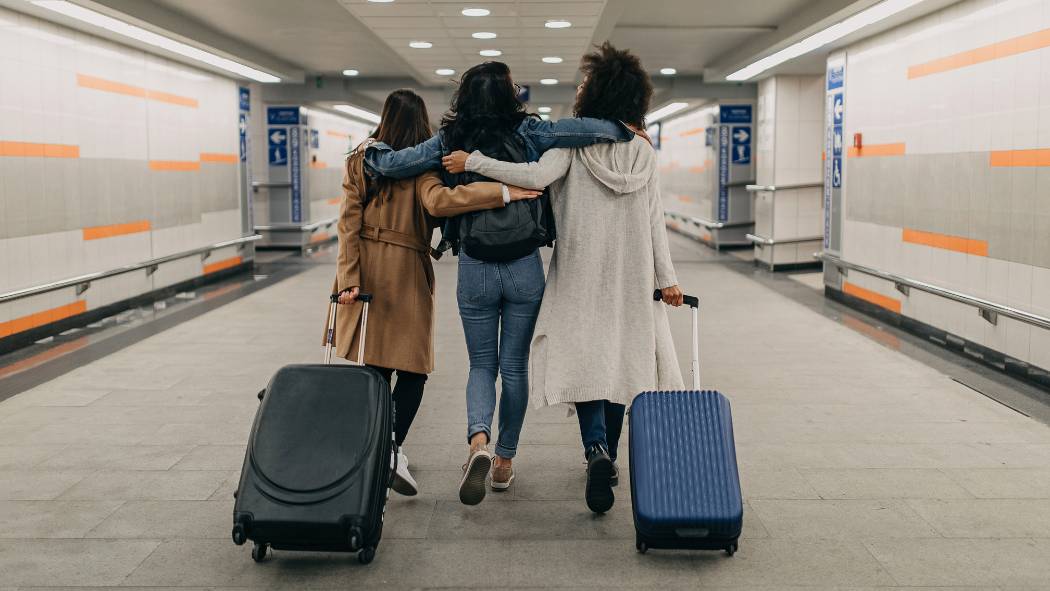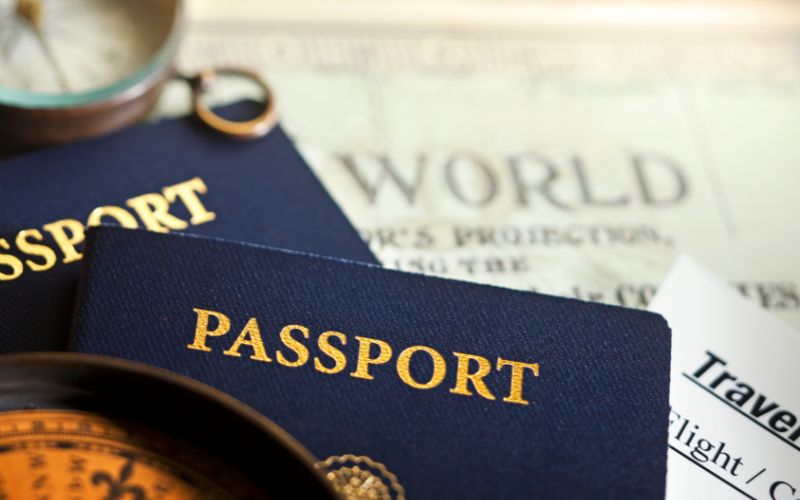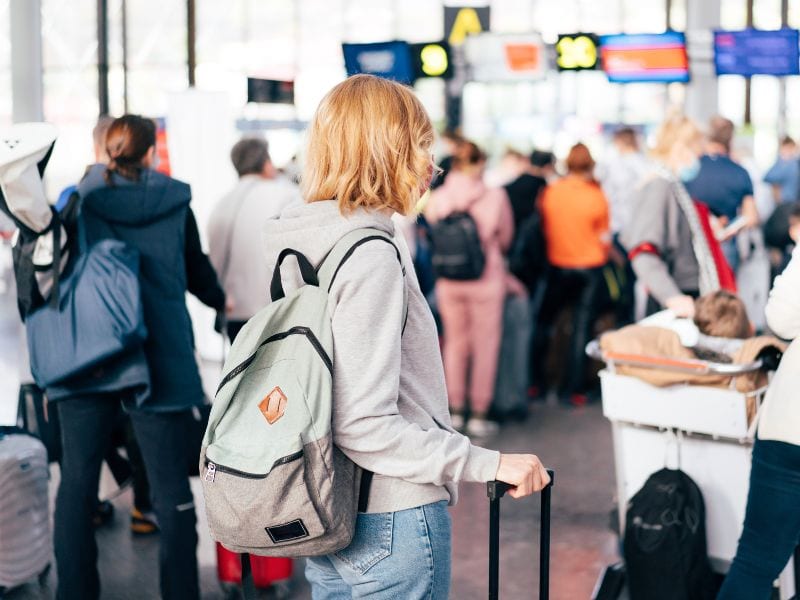As the election approaches, many Americans are contemplating a move abroad. Whether motivated by political concerns or the desire for a new beginning, an increasing number of individuals are exploring the possibility of living in another country.
If you’re among them, this guide will provide you with essential information about the process of relocating and building a new life overseas.
Disclosure: This article may include affiliate links. When you make a purchase through these links, I earn a small commission at no extra cost to you. This helps keep my content free and is beneficial for us both. For further details, please see the Disclosure Policy.
1. Selecting Your Destination
While it’s easy to envision a peaceful life walking along the cobblestone streets of a charming seaside village, living there is very different from vacationing.
📑 Immigration regulations greatly differ from one nation to another, making it essential to do thorough research.
Begin by exploring the culture, traditions, and climate of your preferred location. Assess the cost of living and exchange rates to gain insight into how your finances will manage and what your daily life could entail.
If you don’t speak the local language, consider enrolling in conversational classes and think about continuing your studies once you arrive. Joining social media groups for Americans in your chosen country can help you gather helpful information.
Familiarize yourself with the country’s history, government, politics, and culture.
If possible, embark on an extended visit for firsthand experience—Americans can travel in Europe as tourists for up to three months and for six months in Mexico.
2. Understanding the Timeline and Expenses

The duration and cost of moving abroad will vary based on your chosen destination and individual circumstances.
⏰ This process can take anywhere from months to several years, particularly if you are trying to attain citizenship through descent, which involves proving your ancestry meets specific requirements set by the country.
Hiring an immigration attorney could be a smart decision, usually costing several thousand dollars, to assist you in qualifying for a long-term visa or residency.
It’s important to consult with a tax attorney and accountant. Americans living overseas must continue to file federal income taxes as long as they maintain U.S. citizenship, even if they never return to the U.S. or work for an American company.
💰 Additionally, include the costs of moving. You’ll either need to budget for shipping your belongings internationally or purchase new items once you arrive.
3. Utilizing Work or Education Opportunities

If you are employed by a company with international branches, you may have the chance to request a transfer, with your employer helping you navigate the relocation process. However, be prepared for potential delays and obstacles.
Alternatively, you could seek employment in your desired country while still in the United States and obtain sponsorship from an employer.
Countries such as Canada, Australia, and New Zealand actively seek highly skilled workers. Depending on your field, you may need to have your qualifications or licenses recognized or updated, which could involve additional tests or training.
DIGITAL NOMAD VISA
Digital nomad visas are another available option in numerous countries, including Ecuador, Spain, and Croatia.
These visas are tailored for remote workers who earn income outside of the host country.
In some instances, you can apply online for a nominal fee, but you’ll need to provide various documents, such as bank statements, proof of income, health insurance, and confirmation of remote employment.
4. Investigating Your Ancestry

Many countries provide citizenship by descent, allowing individuals to claim citizenship if they can demonstrate familial connections to a parent, grandparent, or even great-grandparent.
However, the rules can be complex, and proving your lineage typically requires gathering birth certificates, marriage certificates, and immigration documents for both you and your ancestors.
5. Leveraging Financial Resources

Financial independence can provide pathways to long-term residency in several countries.
For instance, France, Mexico, and Panama grant long-term residency to foreigners with sufficient savings or pension income to support themselves.
While numerous countries have recently reduced or eliminated their golden visa programs, places like Malta, Greece, and Malaysia still allow you to gain residency through real estate purchases, with some even offering a route to citizenship.

Relocating to a new country involves more than just practical logistics; it’s about embracing a new culture. Before making your move, think about how you’ll immerse yourself in the local community.
Gain knowledge about local customs, festivities, and social norms. Participate in cultural events and join local organizations or clubs to connect with others and create a support network.
Understanding cultural nuances can greatly influence how smoothly and comfortably you transition into your new life.
7. Familiarizing Yourself with Healthcare Regulations

Healthcare systems differ vastly from one country to another. Prior to your move, research the healthcare services available in your chosen destination.
Some nations require proof of health insurance as part of the residency application process.
Assess whether you’ll need to purchase international health insurance or if you’ll be eligible for the local healthcare system.
🩺 Consider any ongoing medical needs and how they will be managed in your new location.
8. Preparing for Contingencies

Even with comprehensive planning, relocating abroad may present unforeseen challenges. It’s beneficial to have a backup plan in case things don’t go as anticipated.
🤷 You might find that living abroad is not for you and consider returning home. This could pose a challenge if you’ve sold off all your belongings before leaving.
Maintain accessible emergency funds and keep strong connections with family and friends back in the U.S.
Being prepared for the unexpected can facilitate a smoother transition, reducing stress during this major life change.
Final Thoughts: Advice for Moving Abroad

Relocating overseas is a major decision, but careful preparation can lead to an exciting new chapter in your life.
Whether the upcoming election inspires thoughts of a fresh start or new opportunities beckon, being well-prepared is crucial.
By understanding the necessary steps—from navigating visa requirements to adapting to a new culture—you can make your transition more seamless and fulfilling.
Embrace this adventure and take the time to prepare—your new life abroad may be the change you’ve been seeking.



